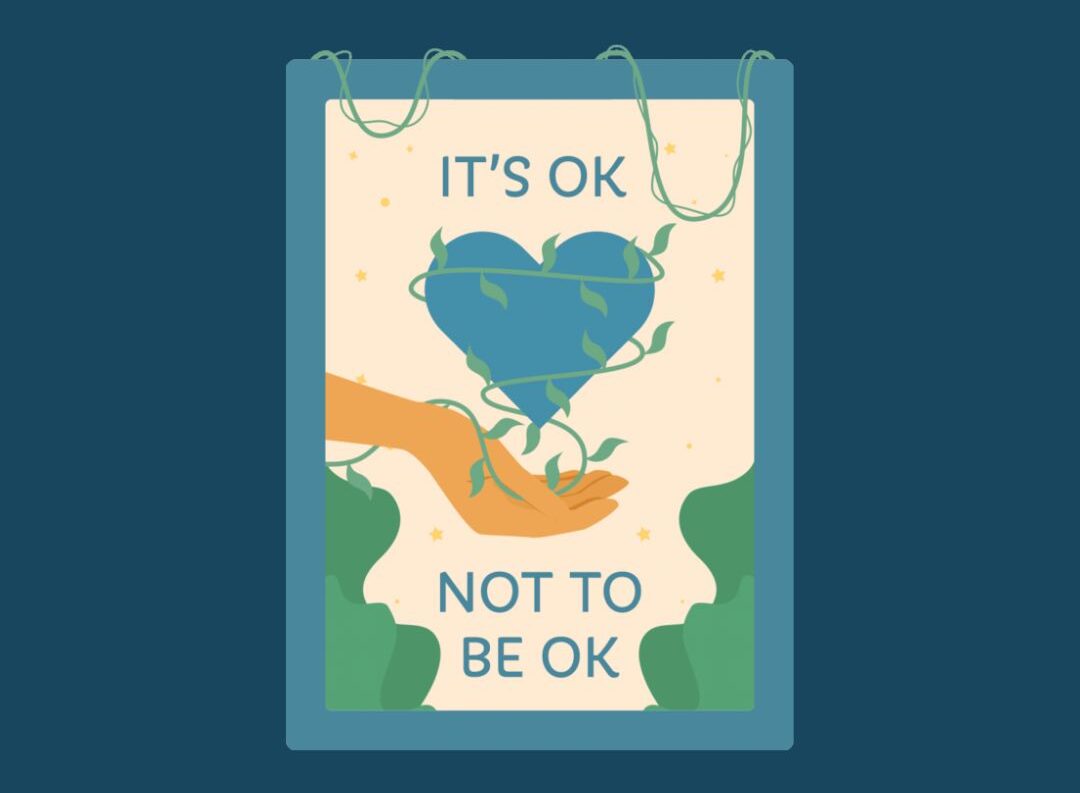It is okay to cry!
Historically, men have been expected to fit a social construct of being strong, tough, and resilient. Great importance has been placed on men not showing any signs of vulnerability or vulnerable emotions else they will be considered as “weak.“. Emotions such as fear and crying have been associated with weakness and by extension, men who show signs of these, are considered weak.
From a young age, boys are trained this way, scolded when they show these emotions, and the common phrase “Don’t you know you’re a man?” is used to chide them, even movies and songs have encouraged this. These young boys end up growing up to be men who have learned to bottle up emotions rather than control them. Over time, this has caused a cycle that keeps passing on from generation to generation, raising boys to become men who aren’t in touch with their “weak” emotions. Emotions are not a curse word and every human feels them. They are meant to be felt, understood, and controlled rather than discarded or bottled up. Many people who fail to master their emotions eventually end up making a shipwreck of their emotions.
I was inspired by a friend of mine, Dr Uyi Osadolor, PhD, who recently gave a short presentation on this topic, highlighting the strength of men in vulnerability. His presentation gave me something to ruminate about, an issue that has been discussed here and there, but the question of how much has been done to create awareness and solve this issue was raised in my mind!
Although biologically, men may naturally be less inclined to tears, but many other reasons are deeply rooted in the facade that men must be “macho.“. One of the many disadvantages of this is that some men lash out, express anger, or act aggressively in place of expressing what they’re feeling. This can be particularly dangerous as it can lead to a breakdown in relationships. Nature cannot be cheated and human emotions must be expressed one way or another, either appropriately or inappropriately.
Crying (with tears produced) is a unique human experience that has been shown to be very beneficial. Suppressing emotions has been shown to be detrimental to both physical and mental well-being. Studies have linked it to having a less resilient immune system, cardiovascular disease, and hypertension, as well as to mental health conditions, including stress, anxiety, and depression. In addition, crying has been shown to help with developing empathy, strengthening familial bonds, and increasing attachment behavior. Scientifically, tears have been divided into three categories: reflex tears, continuous tears, and emotional tears. The first two are responsible for removing debris such as smoke and dust from our eyes and lubricating our eyes to help protect them from infection. Their content is 98% water. The third, emotional tears (which flush stress hormones and other toxins out of our system), potentially offer the most health benefits. Researchers have established that crying releases oxytocin and endogenous opioids, also known as endorphins. These feel-good chemicals help ease both physical and emotional pain.
Having highlighted all these benefits, it is important to note that sometimes, crying can be a sign that something is wrong, especially when it becomes too frequent, for no apparent reason, it is uncontrollable and inconsolable, and it begins to affect daily activities. Once we begin to notice some signs that may point to an anomaly, it’s pertinent that we speak up and get help.
In as much as we have advocated for men to be more in touch with their emotional sides, it is important that we express emotions in safe spaces and with people with who we feel safe and comfortable with. You don’t want to open up to people who will hurt you or will not empathize with you. The bottom line is to be comfortable in your skin and express our emotions constructively and positively!





















